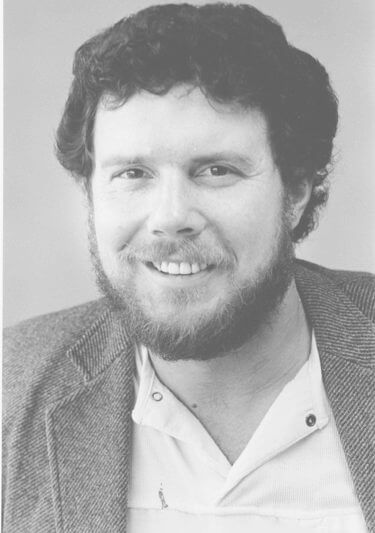Prophetic Vision of Bishop Remi De Roo: Social Justice
Dave Szollosy, Toronto
Volume 39 Issue 1,2,&3 | Posted: April 5, 2024

My focus is on the immediate experience of justice within the Vancouver Island and British Columbia community and how it was and remains impacted by the Prophetic vision of Bishop Remi De Roo.
This clearly demonstrates his focus on the intersection of Church and civil society and politics (in the broad sense of that word) in pursuit of the Common Good. Explains the form of social justice pursued based in the Gospel.
So when demonstrating Bishop Remi’s focus on the intersection of Church and civil society and politics (in the broad sense of that word) in pursuit of the Common Good, the first Example of this is his assumption as the first chair of the BC Human Rights Commission, and establishment of the process in BC.
Remi served in the 1970s appointed by Premier Dave Barrett. The responsibility to promote human rights is not just something to be spoken about in Bishop Remi’s perspective, but the vision of justice he taught includes living with the obligations of promoting human rights.
Ecumenism garnered a significant portion of Remi’s attention and was essential in the pursuit of social justice, not just in a hypothetical manner, but in concrete practice. This also reflects his attentive listening. It was vital that churches speak together in solidarity with first nations voices. In order for the voice to be authentic, we gathered together with the Anglican Bishop, United Church Moderator, Lutheran Bishop, Society of Friends Clerk of the Meeting, church and First nations members to prepare a Joint Statement in Support of Aboriginal Peoples of Canada. The process defined the product.
That project gave rise to the ongoing regular meetings between the church leaders and the Premier (at the time, Van der Zalm) to discuss issues of social concern. One such meeting led to the reversal of the government cuts to social assistance rates. (The details of that make for a great story for another time.) The practice of meeting with the Premier though, began under the premiership of Dave Barrett who once said he “never made a serious decision in government without consulting Remi.”
I also want to indulge a bit in talking about how Remi and his vision of the mission and obligation to pursue social justice impacted me and my understanding of the teaching of the Church. I followed his teaching and talks through the Social Affairs Commission long before I arrived in the Diocese. Working with him influenced my life in many ways and much of what he shared with me, the impact he made, affected my later actions and engagement in my personal understanding and embrace of justice spirituality.
He was more of a teacher than an activist, but it was his teaching that inspired people to take the social teachings of the Church seriously. From his roots in the cooperative movement he gave constant support for the labour movement as a vehicle for the realization of social justice. So, for example, in my first year in the Diocese when the Famous Players Cinemas staff was locked out during contract negotiations, the Social Justice Commission for Victoria issued a statement in support of the workers and joined their picket line. Bishop Remi was not directly involved, but we operated with confidence that the actions taken were totally consistent with the teaching he had provided.
It also was clear, when a number of Church employees around the diocese sought to address certain grievances, we met together several times, leading to meeting with John Shields, at the time President of the BC Government Employees Union, about the feasibility of organizing the Church workers. I spoke with Bishop Remi of these activities, (no secrets). He said to me that I “would be doing him a big favour if (I) pursued this.” Unfortunately other members of the Diocesan structure were not so supportive.
Surely, I am not just speaking for myself when I say Remi influenced me, but all of us here would probably make that same claim. At the same time we also influenced him in his striving for articulating what social justice meant. He breathed the reality of everyone he met and that informed him in refining the theological and biblical basis into a lived praxis.
The social justice vision of Bishop Remi was a constituent part of how he saw a new structure for the Church. In Victoria, Bishop Remi led a ten year synodal process in his diocese anticipating the current pope’s calling of a similar global consultation with the laity. Remi was a leading exponent of in-depth lay consultation even before the Second Vatican Council which brought about its extensive reforms in this direction.
In this way he was particularly visionary. He presaged Pope Francis’ call for a global synod. Decisions of the Vancouver Island Synod, especially from the sessions on Marginalized Catholics certainly reflect the dialogue in the global church today and reflected in the declaration, Fiducia Supplicans.
Dave Szollosy, Toronto
